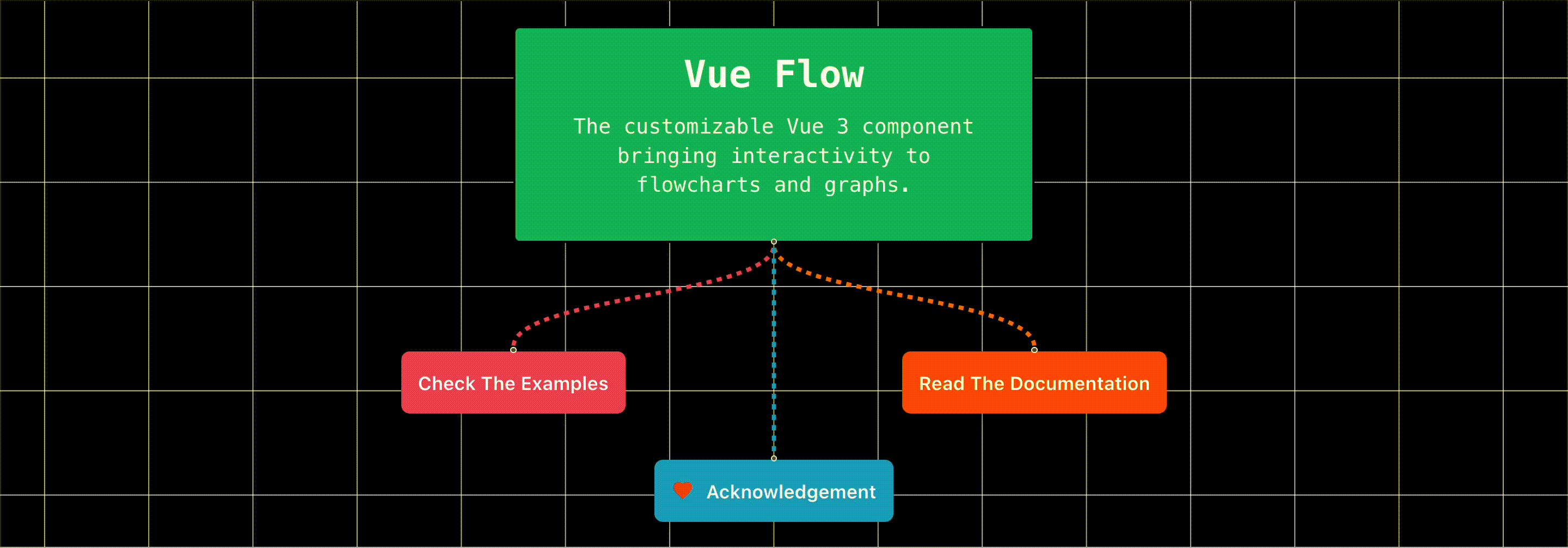5. nested node
ROS2에 대해 알아보자
5. nested node
Nested Node ( https://vueflow.dev/examples/nodes/nesting.html )
- 노드간에 부모노드 자식노드 관계를 만들고, 자식노드들을 부모 노드 영역 내에서 관리하도록 해줌
생성 방법
- 생성할 노드에 아래 필드를 넣고 생성하면 됨
- parentNode = 부모노드 ID
- extent = 자식노드는 부모 노드 내에서만 움직임
- expandParent = 자식노드를 움직일 경우 부모노드의 영역도 확장시킬수 있음
코드 구현
- extent만 사용하여 drop시 노드가 추가되도록 구현
1
2
3
4
5
6
7
8
9
10
11
12
13
14
15
16
17
18
19
20
21
22
23
24
25
26
27
28
29
30
31
32
33
34
35
36
37
38
39
40
41
42
43
44
45
46
47
48
49
50
51
52
53
54
55
56
57
58
59
60
61
62
63
64
65
66
67
68
69
70
71
72
73
74
75
76
77
78
79
80
81
82
83
84
85
86
87
88
89
90
91
92
93
94
95
96
97
98
99
100
101
102
103
104
105
106
107
108
109
110
111
112
113
114
115
116
117
118
119
120
121
122
123
function onDrop(event) {
const position = screenToFlowCoordinate({
x: Math.floor(event.clientX),
y: Math.floor(event.clientY),
});
const nodeId = getId(draggedType.value);
let newNode = null;
switch (draggedType.value) {
case CustomTypesDefine.START_NODE:
newNode = {
id: nodeId,
type: draggedType.value,
position,
sourcePosition: Position.Bottom,
data: {
label: nodeId,
status: "",
isRunning: false,
isStartNode: true,
},
initialized: true,
};
break;
case CustomTypesDefine.INPUT_NODE:
newNode = {
id: nodeId,
type: draggedType.value,
position,
sourcePosition: Position.Bottom,
data: {
label: nodeId,
status: "",
isRunning: false,
isStartNode: false,
actionType: actionType.value,
initialized: true,
},
};
break;
case CustomTypesDefine.GROUP_NODE:
newNode = {
id: nodeId,
type: draggedType.value,
position,
data: { label: nodeId },
style: {
backgroundColor: "rgba(246, 92, 92, 0.49)",
height: "200px",
width: "400px",
},
initialized: true,
};
break;
default:
newNode = {
id: nodeId,
type: draggedType.value,
position,
data: { label: nodeId },
};
break;
}
console.log("[Drop Position]", position);
const parentNode = findParentNode(position.x, position.y);
console.log("parentNode ", parentNode);
if (parentNode) {
switch (draggedType.value) {
case CustomTypesDefine.START_NODE:
case CustomTypesDefine.INPUT_NODE:
newNode.parentNode = parentNode.id;
newNode.extent = `parent`;
// newNode.expandParent = true
break;
case CustomTypesDefine.GROUP_NODE:
newNode.parentNode = parentNode.id;
newNode.extent = `parent`;
break;
default:
break;
}
const { off } = onNodesInitialized(() => {
updateNode(nodeId, (node) => ({
computedPosition: {
x: position.x,
y: position.y,
z: 0,
},
position: {
x:
position.x -
parentNode.computedPosition.x -
node.dimensions.width / 2,
y:
position.y -
parentNode.computedPosition.y -
node.dimensions.height / 2,
},
}));
off();
});
} else {
/**
* Align node position after drop, so it's centered to the mouse
*
* We can hook into events even in a callback, and we can remove the event listener after it's been called.
*/
const { off } = onNodesInitialized(() => {
updateNode(nodeId, (node) => ({
position: {
x: node.position.x - node.dimensions.width / 2,
y: node.position.y - node.dimensions.height / 2,
},
}));
off();
});
}
addNodes(newNode);
}
This post is licensed under
CC BY 4.0
by the author.
